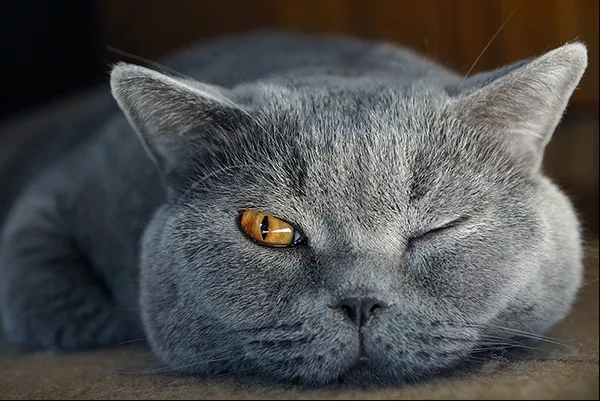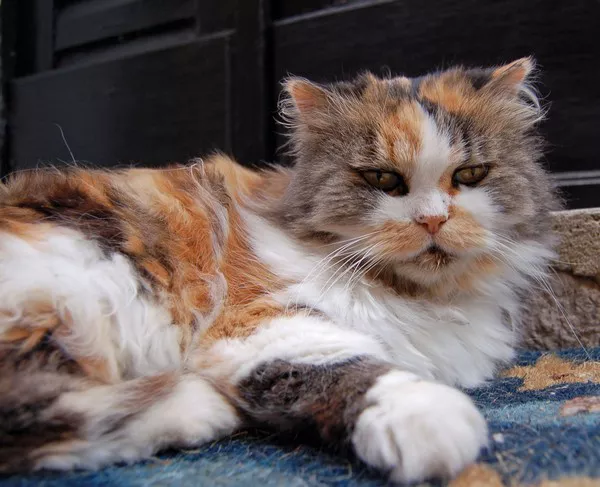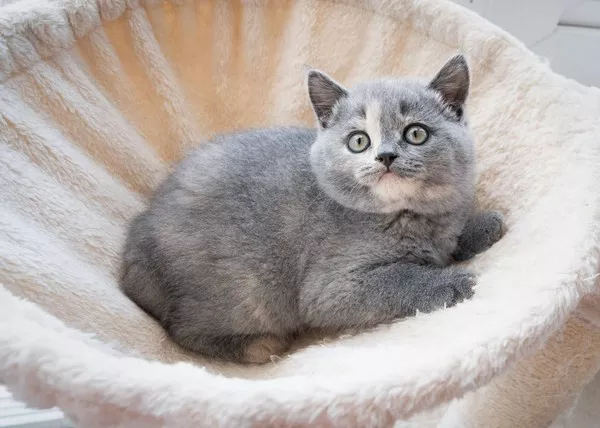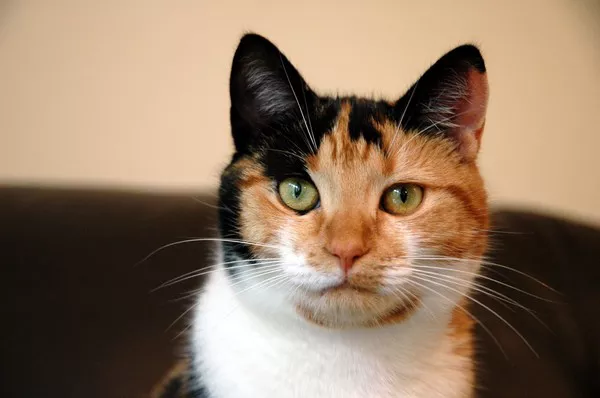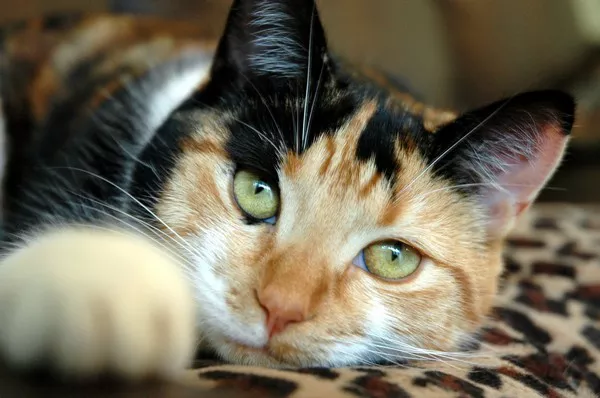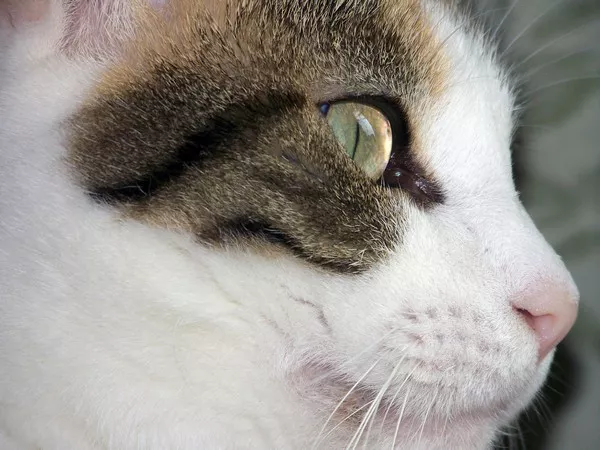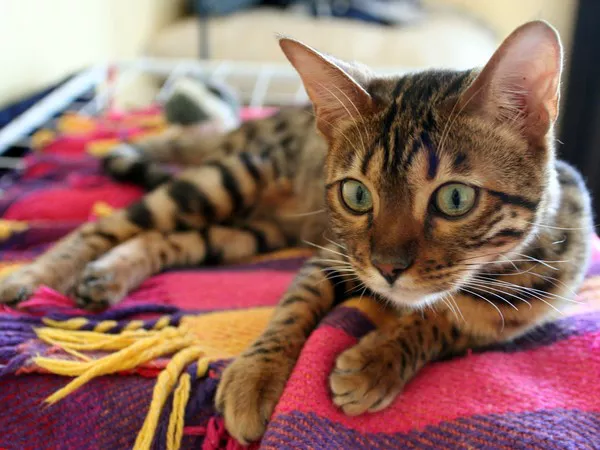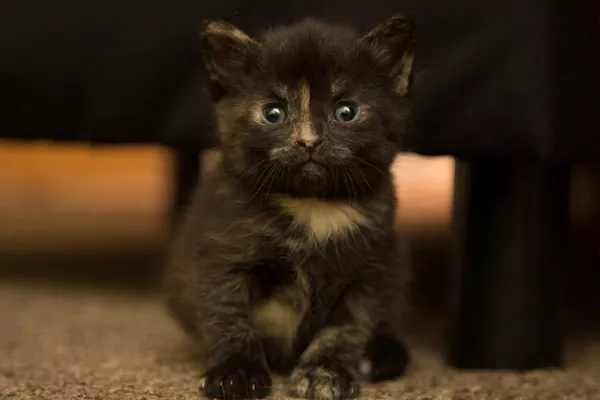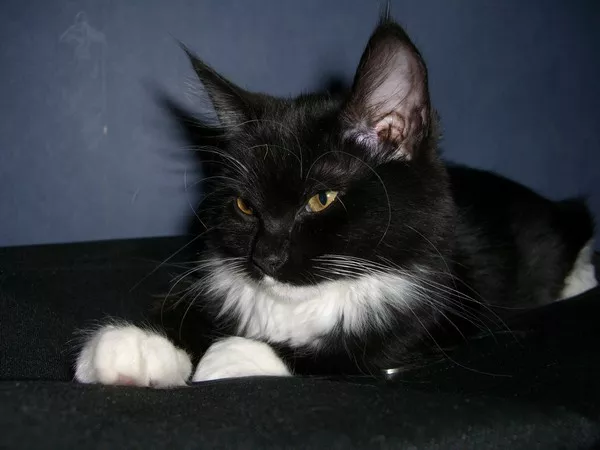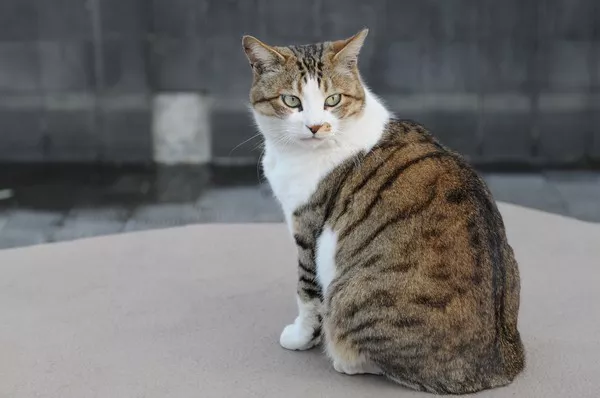The British Shorthair is a popular breed of cat in the UK and around the world. Known for their friendly and affectionate nature, these cats make great pets for families and individuals alike. One of the most common questions that potential owners ask is: how long does a British Shorthair cat live? In this article, we’ll explore the lifespan of this breed and what factors can impact their longevity.
Introduction to British Shorthair Cats
Before discussing the lifespan of British Shorthair cats, it’s worth taking a moment to introduce this breed. As the name suggests, they are a shorthaired breed with a stocky build and round face. They come in a range of colors including blue, black, white, cream, and more. Originating in Britain, they were originally used as working cats to keep rodents at bay. However, over time, they have become a popular companion animal due to their laid-back temperament and affectionate nature.
What is the Average Lifespan of a British Shorthair Cat?
On average, British Shorthair cats live for around 12-14 years. However, some cats can live into their late teens or early twenties if they are healthy and well-cared-for. This is slightly shorter than the average lifespan of other domestic cats, which is generally around 15 years.
Factors That Impact the Lifespan of British Shorthair Cats
There are several factors that can impact the lifespan of a British Shorthair cat. Some of the key ones include:
Genetics: Just like humans, genetics play a role in determining how long a cat will live. Some cats may be predisposed to certain health issues that can affect their longevity, such as heart disease or kidney problems.
Diet: A cat’s diet can have a significant impact on their overall health and lifespan. Feeding your British Shorthair a high-quality, balanced diet that meets their nutritional needs is essential for keeping them healthy and helping them live a long life.
Exercise: Regular exercise is important for maintaining a healthy weight and preventing obesity, which can lead to a range of health issues. Ensuring your cat has plenty of opportunities to play and be active can help keep them in good shape and extend their lifespan.
Healthcare: Regular visits to the vet for check-ups and vaccinations are crucial for keeping your British Shorthair healthy and catching any potential health issues early on. Additionally, ensuring they receive prompt medical attention when needed can also make a big difference in their overall lifespan.
Environment: The environment your cat lives in can also impact their lifespan. Providing a safe and comfortable home, free from stressors and hazards, can help ensure they live a long and healthy life.
Common Health Issues That Can Affect British Shorthair Cats
While some cats may live well into their late teens or early twenties, others may be affected by certain health issues that can shorten their lifespan. Some common health issues that can affect British Shorthair cats include:
Hypertrophic Cardiomyopathy (HCM): This is a condition where the walls of the heart become thickened, making it harder for the heart to pump blood effectively. HCM is a genetic condition that can affect British Shorthairs, as well as other breeds such as Maine Coons and Ragdolls. Symptoms can include difficulty breathing, lethargy, and loss of appetite.
Polycystic Kidney Disease (PKD): This is a genetic condition where multiple fluid-filled cysts develop in the kidneys, eventually leading to kidney failure. PKD can be screened for through genetic testing, and some breeders may screen their cats before breeding to reduce the risk of passing on the gene. Symptoms can include increased thirst and urination, vomiting, and weight loss.
Obesity: While not a specific health condition, obesity can lead to a range of health issues that can shorten a cat’s lifespan. Ensuring your British Shorthair maintains a healthy weight through diet and exercise is important for keeping them in good health.
How to Keep an Adult British Shorthair Healthy
To keep your adult British Shorthair healthy, here are some tips you can follow:
1. Provide a balanced diet: Feeding your cat a diet that meets their nutritional needs is essential to maintaining their health. Make sure to choose high-quality cat food that contains all the necessary nutrients.
2. Regular exercise: While British Shorthairs aren’t as active as some other breeds, they still need regular exercise to maintain their weight and overall health. You can play with your cat, provide toys for them to chase or even build them a cat tree to climb on.
3. Keep up with veterinary appointments: Regular check-ups at the vet can help you catch any potential health issues early on. Your vet may also recommend specific preventative care measures, such as vaccinations or dental cleanings.
4. Keep their environment clean: Keeping your cat’s litter box clean and providing a clean living environment can help prevent the spread of harmful bacteria and disease.
5. Groom regularly: British Shorthairs have a thick coat that requires regular grooming to prevent matting and tangling. Brushing your cat’s coat regularly can also help reduce hairballs.
Final Thoughts on the Lifespan of British Shorthair Cats
While the average lifespan of a British Shorthair cat is around 12-14 years, there are many factors that can impact their longevity. Genetics, diet, exercise, healthcare, and environment all play a role in determining how long your cat will live. By providing a high-quality diet, regular exercise, and proper healthcare, you can help ensure your British Shorthair lives a long and healthy life. Additionally, working with a reputable breeder who screens their cats for genetic conditions can help reduce the risk of certain health issues that can affect this breed.

